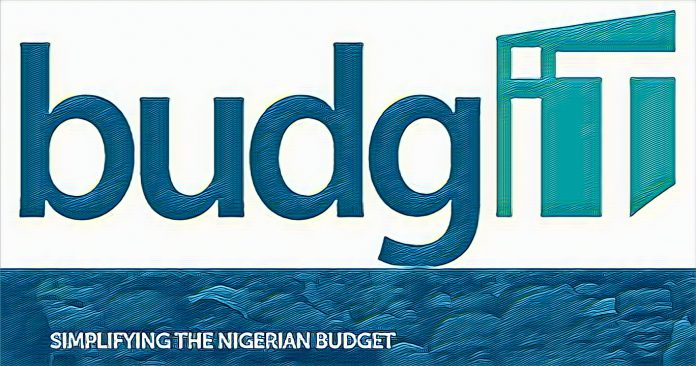BudgIT, a renowned budget advocacy group, is seeking judicial clarity on the extent of the Senate’s authority to amend the national budget. The move comes amid growing concerns over the separation of powers and checks and balances within Nigeria’s legislative framework.
The crux of the matter revolves around the Senate’s recent decision to adjust certain provisions of the 2024 national budget, a move that has sparked debate and raised questions about constitutional boundaries. BudgIT contends that such alterations may encroach upon the executive’s prerogative and undermine the budgeting process’s integrity.
At the heart of BudgIT’s legal challenge is the principle of legislative oversight versus executive control, with implications for transparency, accountability, and fiscal discipline. By seeking judicial interpretation, the organization aims to uphold the rule of law and ensure adherence to constitutional mandates in budgetary matters.
The outcome of BudgIT’s legal action could have far-reaching implications for Nigeria’s governance structure and institutional framework. It underscores the importance of clarifying the roles and responsibilities of different arms of government to avoid potential conflicts and uphold democratic principles.
In recent years, Nigeria has grappled with recurring budgetary controversies and governance challenges, highlighting the need for greater clarity and accountability in fiscal management. BudgIT’s initiative reflects a broader push for transparency and reform within the country’s public finance system.
As the legal proceedings unfold, stakeholders are watching closely, hoping for a resolution that safeguards democratic norms and promotes good governance. Ultimately, the case serves as a litmus test for Nigeria’s commitment to upholding the rule of law and fostering accountable governance.
Source: Business Day



